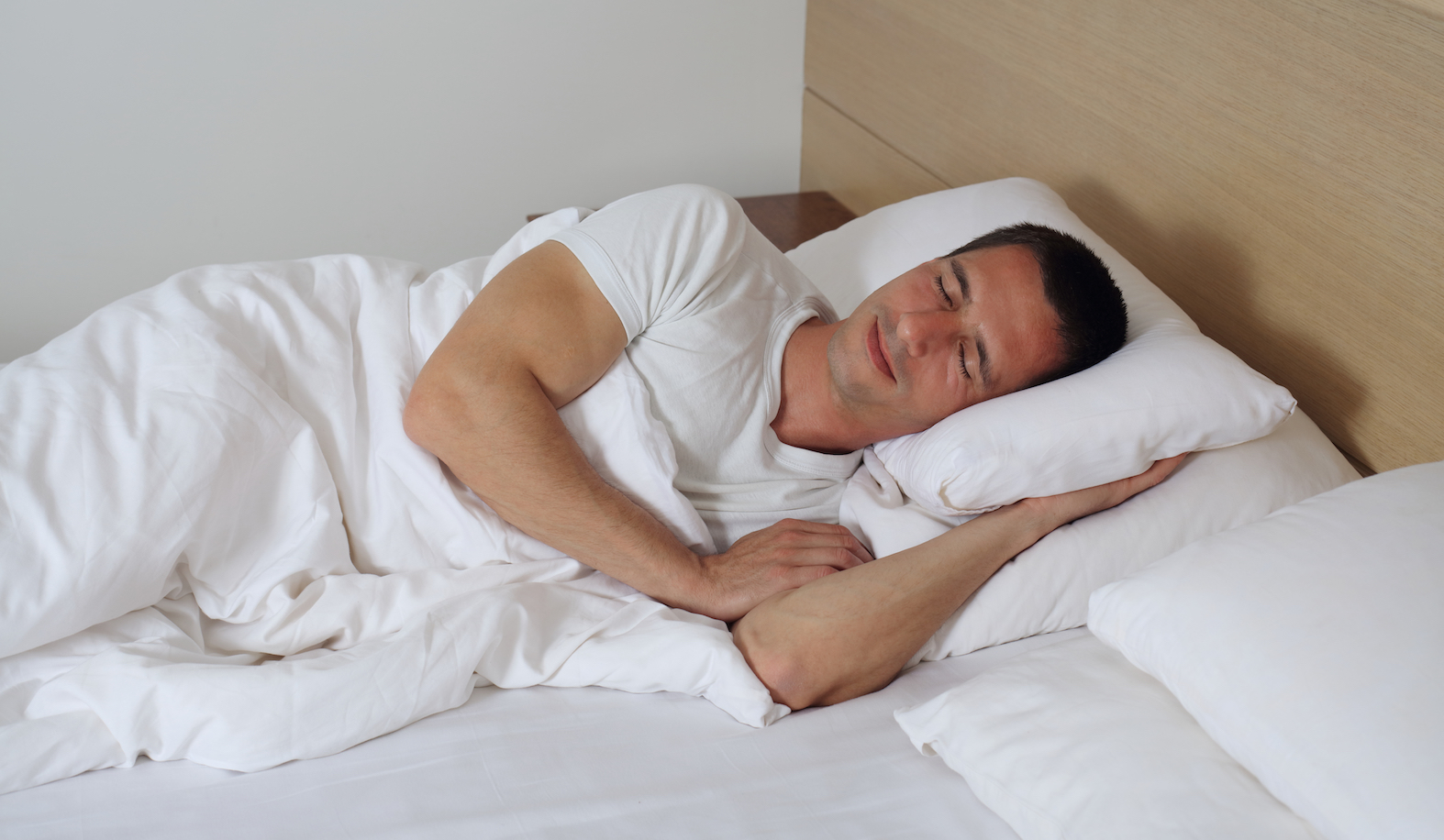Your Biggest Sleep Mistakes (and how to fix them)

Did you know an adult needs about 7-9 hours of sleep every night? Find out how small changes can help you sleep better below.
You snooze, you lose
We hit our snooze button instinctively in the mornings, thinking any extra sleep would be good for us! In reality, that bit of sleep is fragmented. When we snooze, we prepare our bodies for a new sleep cycle we won’t have time to complete – leaving us fatigued when we wake up to get on with our day.
Instead: Set your alarm for the same time every day even on weekends, so your body can get used to sleeping and waking at the same time, allowing you to get quality sleep and feeling refreshed when you wake.
Taking long naps
Many of us have the habit of taking a nap in the afternoon especially on days where you’ve had an early morning, or feel like you’re sleep deprived. However, long naps especially in the mid-afternoon can decrease your body’s need for sleep when it comes to bedtime, creating a vicious cycle where you don’t get quality sleep at nights, thereby needing that nap the next day.
Instead: If you must have a nap, keep it to 30 minutes and under, and try to avoid taking a nap past mid-afternoon.
Using smart devices
46%* of Australians use their phones immediately before going to sleep.
The blue light emitted from your smart device delays the production of melatonin, the sleep-inducing hormone. This means you’re more likely to feel awake for longer at night, potentially disrupting your sleep cycle.
Instead: Put your devices away at least an hour before bedtime so you can relax your mind and condition your body for sleep.
Having a nightcap
Alcohol may help you fall asleep quicker but it doesn’t help you sleep better.
It actually reduces REM (Rapid Eye Movement) sleep, which is an important and restorative part of our sleep cycle. This means you will likely awake feeling unrefreshed.
Instead: Sip on an herbal tea like chamomile, which has a sedative effect and will relax you before bedtime and encourage healthy sleep.
Ignoring health issues
Prolonged lack of quality sleep can affect our health and some people may suffer from fragmented and disrupted sleep, leading to daytime sleepiness and causing major long-term health conditions. Don’t ignore signs you may be suffering from lack of quality sleep.
Instead: Look out for symptoms and daytime sleepiness that may indicate the presence of a sleep disorder or other health conditions. The sooner you get it treated, the sooner you’re on your way to sleeping well.
Suffering from lack of quality sleep?
Speak to our consultants at the National Pharmacies Sleep outlets to find out more about how to sleep better and whether you need a sleep study done. We conduct home and hospital-based sleep studies and can help with your sleep apnoea needs too.
Author
Mun Whye Choy
Senior Sleep Apnoea Consultant,
CLM Sleep Co.